"The genetic modification made in your brain crosses the barriers of ethics"

The barriers of science have several obstacles to make known significant advances in favor of humanity, but when the budget and technology cease to be a problem, it is ethics that comes into check. A team of researchers from China and the United Kingdom has created for the first time several transgenic monkeys with copies of human genes that have a prominent role in the formation of our intelligence. An experiment published in the National Science Review of the Chinese Academy of Sciences, which aims to show that it is possible to reduce the evolutionary gap between monkeys and humans, although in reality the objective was to identify at what point in our history there was the cognitive separation between the two species.
This was demonstrated by a recent study by the Institute of Zoology in Kunming in China, which is generating worldwide controversy for its questionable contributions and moral principles: a group of geneticists and veterinarians injected human brain genes into the brains of several monkeys.

The individuals subject to the study were called "transgenic monkeys," according to a special report from the Massachusetts Institute of Technology (MIT).
According to the study, the incorporated human gene, microcephalin or MCPH1, is expressed during the fetal stage of brain development and is linked to the size of the brain. The researchers created eleven Rhesus transgenic monkeys after exposing their embryos to a virus that carried the version of this gene, which led to the differentiation of neural cells that resembled those described in human development.
The objective of this questionable practice -according to the documents of the scientists in charge- is to "break" the evolutionary gap, to demonstrate that the brain of the monkeys infiltrated with human genes can grow and gather the neural connections necessary to reach a greater intellectual capacity.
"This has been the first attempt to understand the evolution of human cognition using a transgenic monkey model"; points to the publication Bing Su, the geneticist of the Kunming Institute of Zoology who led the work.
The experiment was originally published in the "National Science Review" magazine of the Chinese Academy of Sciences; which consisted in exposing embryos of monkeys to a virus that had recoded the human version of the microcephaline.
Chinese researchers hoped that their transgenic monkeys could develop greater intelligence and brain capacity (encephalic volume). To check; They measured their white matter in magnetic resonance tomography scans and did several memory tests. They also showed faster reactions compared to their peers in the control group. Or, which is the same, they became smarter. Although not enough, because they did not prove to have basic cognitive abilities of human beings. Neither did their brains get bigger.
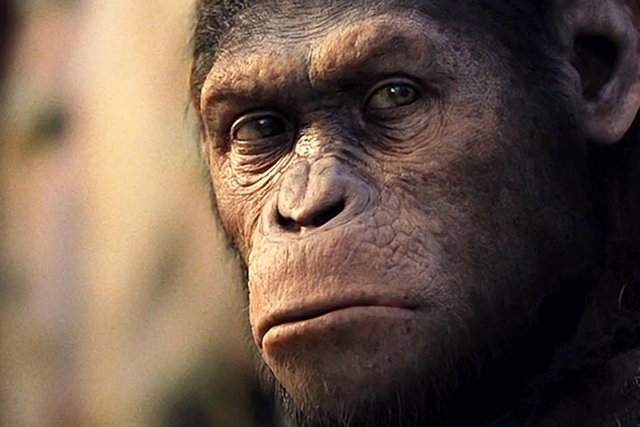
Results of the experiment
The study showed that, although the transgenic monkeys did not have larger brains, they did obtain better results in memory tests with colors and logical blocks; a finding that the team considers remarkable. On top of that, their brains took longer to develop, just like in human children.
When having knowledge of the study, several scientists, among them one that collaborated in the investigation, consider that these experiments are imprudent and lacking of scientific ethics. In his opinion; the use of transgenic monkeys to study human genes related to the evolution of the brain is very risky; for the most extreme modifications to which it entails.
In Europe and the USA, research with primates is increasingly difficult, but in this sense China has taken advantage; taking advantage of a more relaxed legislation in this sense. The country was the first to create genetically modified monkeys; Last January a Chinese institute announced that it had produced half a dozen clones of a monkey with a serious mental disorder.
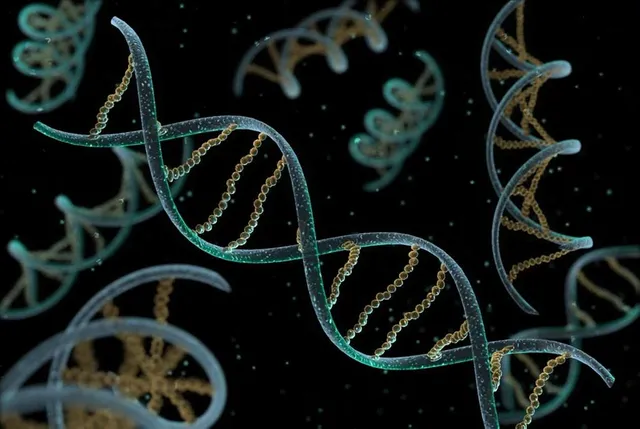
How was the experiment carried out?
Chinese specialists exposed monkey embryos to a virus that carries the human version of the microcephalin: the MCPH1 gene, which is directly related to the size of the brain at the time of delivery.
The sequence of this gene in humans and apes is different, so of the eleven monkeys subject to injection, only 5 resisted the procedure. Of those 5, each one managed to adapt between 2 and 9 copies of the human gene in their bodies at birth.
To measure the results, every third day the size of the brain of the monkeys with magnetic resonance tomography was checked and they were made simple visual memory tests, such as recognizing colors or different figures.
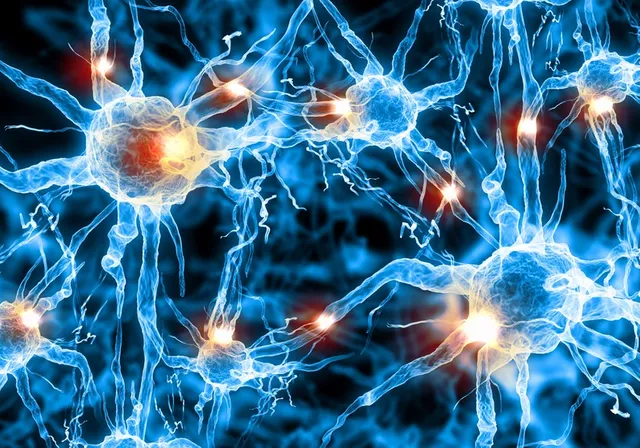
The Chinese geneticists noted that, in addition to presenting a better performance in the tests compared to the regular brain macaques, the transgenic monkeys presented a late brain development, that is, their reasoning was gradual and empirical, like that of human children.
According to MIT, in the West an investigation of such magnitude would never be allowed because it is considered dangerous, illegal and unethical. However, China has the dubious "honor" of debuting in several controversial experiments: in recent years the country became known for creating primates with genes modified by the CRISPR technique.
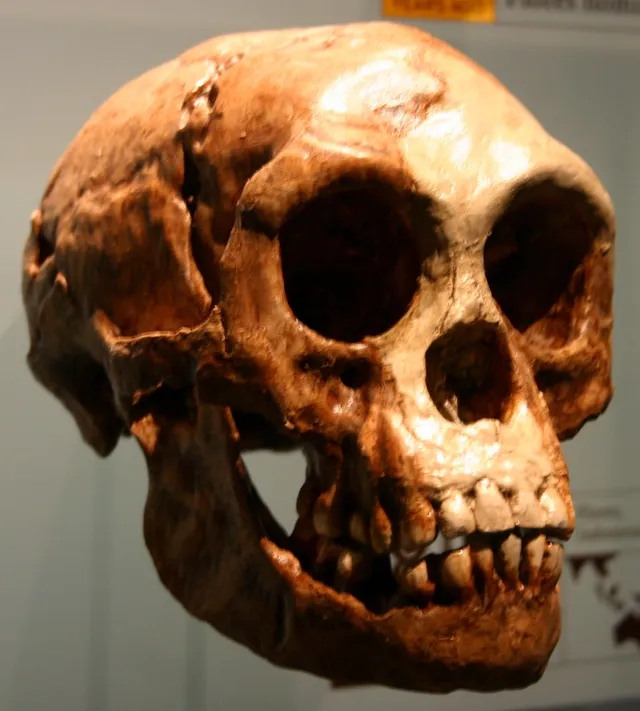
In the MIT report a powerful conclusion is imposed on the Chinese findings: what is gained with this experiment? In general science aims to help preserve the welfare of the planet and those who inhabit it, but what is intended to subject the monkeys to such dangerous procedures?
Outside of Western judgments and the wide possibility of recreating the plot of Planet of the Apes in the long term, Chinese scientists do not think stopping on this issue.

As mentioned above, Dr. Bing Du reiterates that he and his team have now begun to experiment with the SRGAP2C gene, which emerged some two million years ago with the Australopithecus and considered the "missing link" of evolution.
The SRGAP2C has an alleged link with human intelligence that could determine the exact moment when Homo Sapiens emerged as such and set aside the instinct to prioritize understanding.
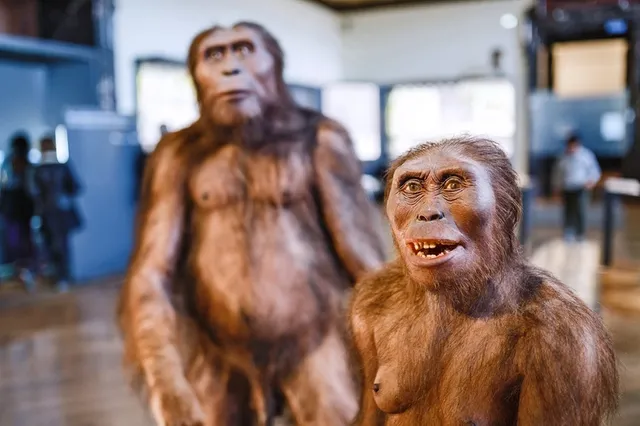
He is concerned that the experiment will lead to more extreme modifications in the future. "It is worrying that this specialty is advancing in this way," he said. And, once again, the controversy in scientific research comes from China.
Hello there!
I can't help but notice that you used the Utopian-io tag on a blog post that is entirely unrelated to open source software. That's an inappropriate way to use our tags, I'm afraid.
If you want to contribute content that is relevant to Utopian, please read our guidelines. I would also recommend reading our weekly Top Of Utopian posts to get an idea of the kind of content we particularly like.
I look forward to seeing awesome relevant content from you in the future.
Due to ineligibility, your contribution has not been evaluated.
Chat with us on Discord.
[utopian-moderator]
Downvoting a post can decrease pending rewards and make it less visible. Common reasons:
Submit
Congratulations @alej! You received a personal award!
You can view your badges on your Steem Board and compare to others on the Steem Ranking
Do not miss the last post from @steemitboard:
Vote for @Steemitboard as a witness to get one more award and increased upvotes!
Downvoting a post can decrease pending rewards and make it less visible. Common reasons:
Submit